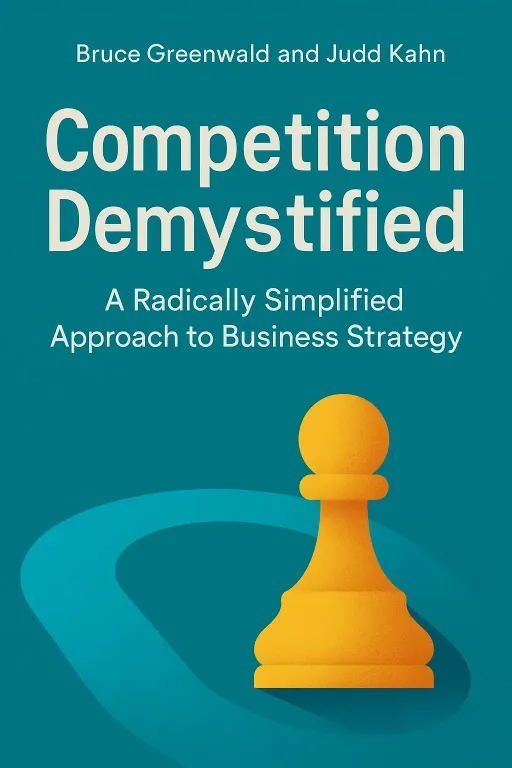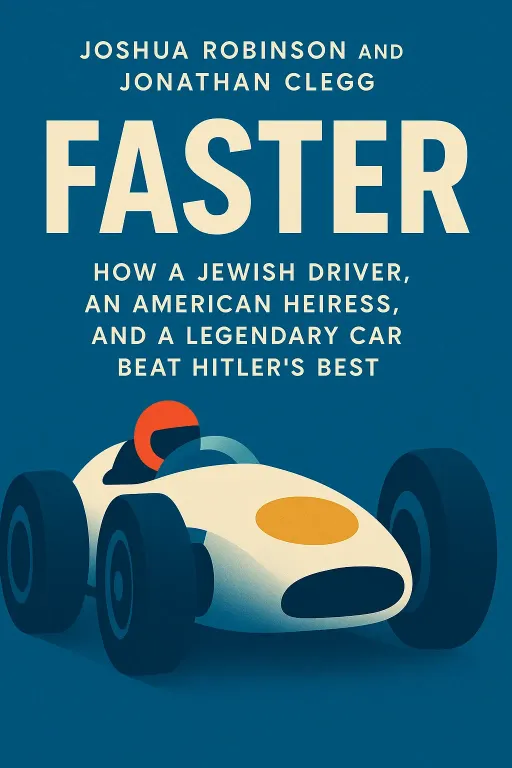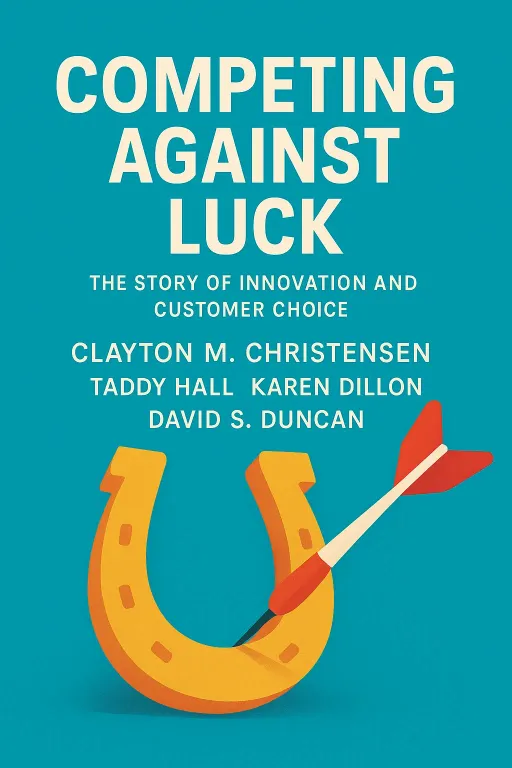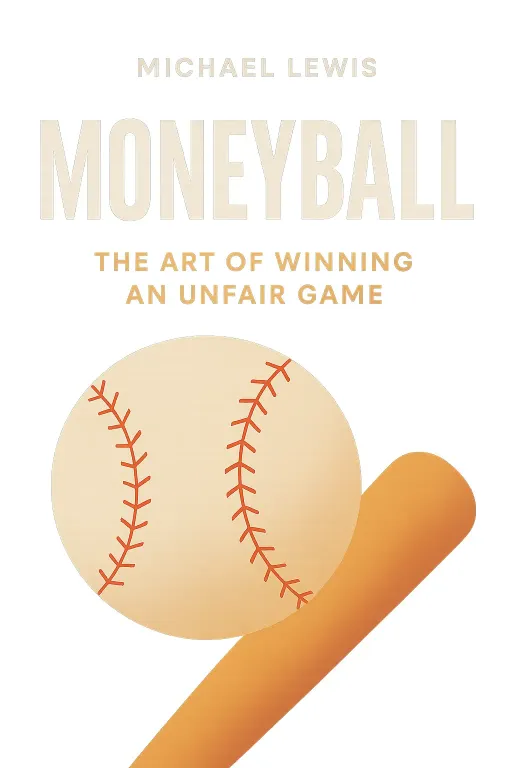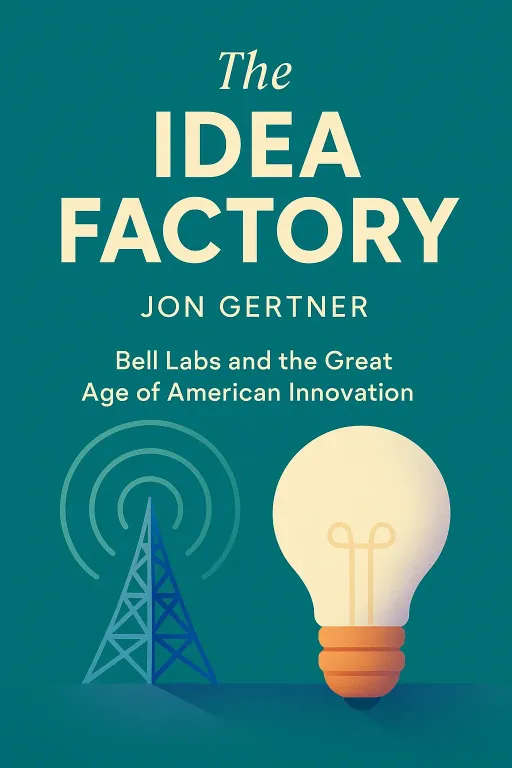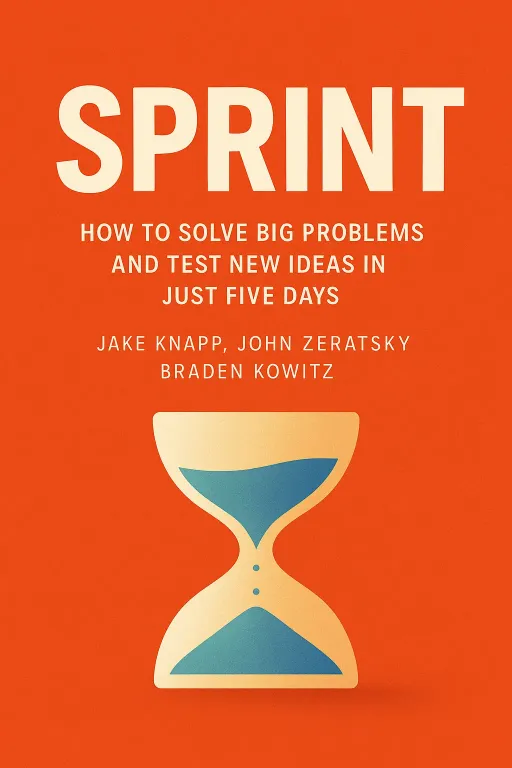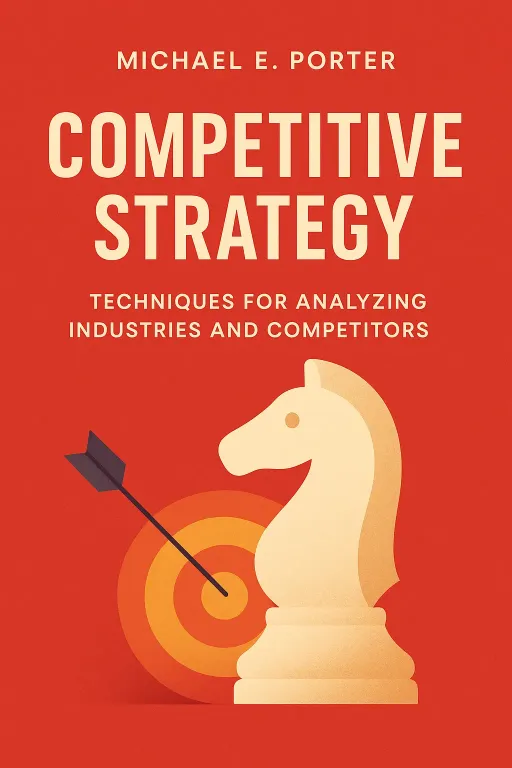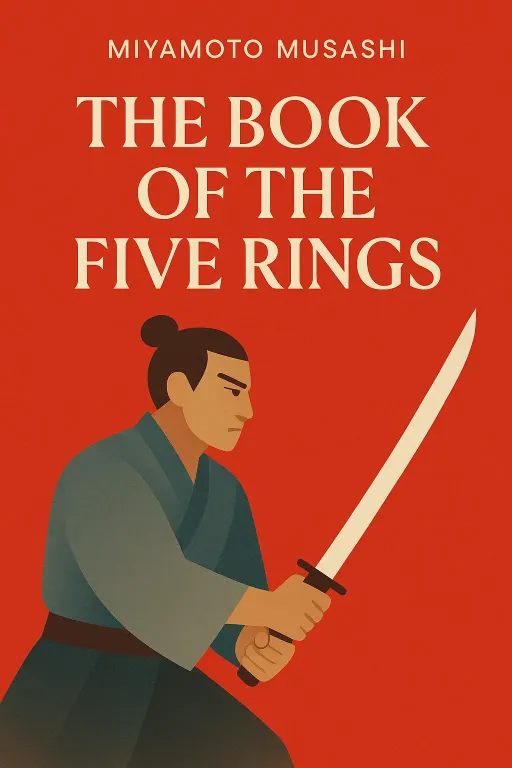
The Samurai's Secret: Win with Calm
10 minGolden Hook & Introduction
SECTION
Joe: Most business books today are wrong. They tell you to be aggressive, to disrupt, to move fast and break things. But what if the greatest strategist in history, an undefeated 17th-century samurai, argued the exact opposite? That true victory comes from calm, stillness, and even… nothingness. Lewis: Wait, hold on. Are you telling me the ultimate warrior's guide is basically a chill-out manual? I picture a samurai sharpening his sword, not his meditation skills. Joe: In a way, yes! And that’s the genius of it. Today we’re diving into The Book of Five Rings by the legendary Miyamoto Musashi. Lewis: Ah, the guy who was undefeated in over 60 duels, right? And he wrote this at the end of his life, living as a hermit in a cave. That's not your typical self-help guru writing from a corner office. Joe: Precisely. He wasn't selling a framework; he was distilling a lifetime of genuine, life-or-death experience. And that's why his first core idea is so powerful. He argues that strategy isn't a set of moves you learn; it's a fundamental state of being you must cultivate.
The Way of the Warrior: Strategy as a State of Being
SECTION
Lewis: Okay, a "state of being." That sounds very philosophical. What does that actually look like when, you know, a rival is trying to take your market share or your job? Joe: Musashi uses a beautiful metaphor for it. He says your spirit should be like water. Think about it: water is formless, it's adaptable. It can be calm and still in a pond, or it can be a crashing wave. It fills any container it's put in without resistance. He writes, "In strategy your spiritual bearing must not be any different from normal. Both in fighting and in everyday life you should be determined though calm." Lewis: I get the poetry of it. "Be like water" sounds great on a motivational poster. But what does it mean in a high-stakes situation? If my company is about to go under, or I'm in a brutal negotiation, I'm not feeling very 'calm'. I'm feeling panicked. Joe: And that’s the distinction. Musashi’s calm isn't passivity. It's profound preparedness. He gives this amazing analogy of a master carpenter. A master carpenter doesn't just show up and start hacking at a piece of wood. He understands the building plans, he knows the rules of construction, he knows the unique grain of every single piece of timber. He chooses the right wood for the right job and knows his tools so well they're an extension of his own hands. Lewis: So his calmness comes from a deep, almost unconscious, competence. He's not worried about the details because he's already mastered the fundamentals. Joe: Exactly. His mind is settled. He's not reacting; he's enacting a plan that is so deeply ingrained it feels effortless. That’s the "calm" Musashi is talking about. It’s the opposite of panic. It’s a state of total readiness. He says you should make your everyday stance your combat stance. This readiness should be your default state, not something you have to ramp up to. Lewis: That makes me think of the most intimidating part of the book—the final chapter, the Book of the Void. It just sounds so… empty. Is he just telling us to meditate until our problems disappear? Joe: That's the common misconception he directly warns against. He says, and I'm quoting here, "People in this world look at things mistakenly, and think that what they do not understand must be the void. This is not the true void. It is bewilderment." Lewis: Oh, I like that. So the Void isn't ignorance. It's the opposite. Joe: It's the absolute pinnacle of understanding. The Void is what happens when the master carpenter is no longer thinking, "Now I will hit the nail." He just hits it, perfectly, every time. It's the state a professional athlete is in during a championship game, where they describe time slowing down and they just know where the ball is going to be. It's pure flow state. Lewis: Wow, okay. So the Void isn't emptiness, it's the absence of hesitation. It's when the carpenter, the athlete, or the warrior has practiced so much, is so prepared, that the thinking part of the brain gets out of the way and the body just does. Joe: You’ve got it. The Void is where wisdom, principle, and the Way exist, but the chattering, doubting, panicked spirit is nothingness. It’s the ultimate competitive advantage, because an opponent can't predict an action that you yourself aren't even consciously thinking about. Lewis: That is a terrifyingly effective state to be in. It reframes the whole idea of practice. You're not just practicing to get good; you're practicing to achieve a state of thoughtless action. Joe: And that’s the foundation. You have to achieve that internal mastery first. Because once you have that inner calm, that state of Void, you can start to manipulate the external world.
The Art of the Fight: Psychological Warfare and Controlling the Rhythm
SECTION
Lewis: Okay, so we've built our internal water-like calm. Now, how do we use it to win? This is where it gets intense, right? Joe: This is where Musashi becomes less like a Zen master and more like a master psychologist. We're moving into the Fire Book, and he describes fighting as fire—it's fast, it's intense, and it can be wild. But because your spirit is like water, you can control that fire. Lewis: Bring on the psychological warfare. I'm ready. Joe: He has these incredible, almost cinematic, principles. For example, "To Frighten." He talks about using unexpected actions to break the enemy's mental composure. This could be a sudden, loud shout—a kiai—right before you strike. Or it could be making a completely bizarre, unpredictable movement. The goal isn't just to land a blow, but to shatter their concentration. Lewis: That is brilliant. It's like in a debate or a negotiation, when one person suddenly changes the topic or asks a completely off-the-wall question. It's not about the question itself; it's about derailing the other person's train of thought and seizing control of the conversation's rhythm. Joe: Precisely. He has another one called "To Throw into Confusion." This is about making the enemy doubt everything. You feint an attack to the head, then strike the legs. You appear aggressive, then suddenly become passive. You keep them guessing, so their mind is a whirlwind of "what-ifs," and they can't commit to a single action. Lewis: You're not fighting their body anymore; you're fighting their decision-making process. You're attacking their mind. Joe: And the master principle that ties this all together is "To Hold Down a Pillow." It's a strange phrase, but the idea is to never, ever let the enemy's head lift off the pillow. You suppress every useful move they try to make. You dictate the pace. You lead them where you want them to go. You don't let them initiate. You are always one step ahead, controlling the flow of the entire engagement. Lewis: This reminds me of what he said about other martial arts schools in the Wind Book. He was really critical of them, wasn't he? He saw them as too rigid. Joe: Absolutely. He saw other schools as obsessed with one thing. Some were obsessed with the extra-long sword, thinking reach was everything. Others were obsessed with brute strength. He saw these as fatal weaknesses because they were predictable. They were a "one-trick pony." Lewis: They were all 'mountain,' and he could be the 'sea' whenever he wanted. If you only know how to be a mountain, you're in big trouble when the tide comes in. Joe: A perfect way to put it. He developed this idea he called the "Mountain-Sea Change." It means you must never be predictable. If one approach fails, you don't just try harder with the same approach. You change into something completely different. If they expect a heavy, crushing attack—the mountain—you give them a fluid, evasive one—the sea. You become their opposite. Lewis: It's fascinating because it also explains the controversy around his famous two-sword style. Some historians question if he really used it in all his duels. But based on this philosophy, it makes perfect sense. The two swords weren't a rigid system; they were another tool for unpredictability, especially against multiple opponents. He wasn't "the two-sword guy"; he was "the whatever-it-takes-to-win guy." Joe: Exactly. The technique served the strategy, not the other way around. For Musashi, the ultimate weapon was a mind that was fluid, perceptive, and utterly unpredictable.
Synthesis & Takeaways
SECTION
Lewis: When you put it all together, it's an incredible system. You start with this deep, internal work—the calm, the preparedness, the 'Water' and the 'Void'. And only from that stable foundation can you effectively launch these wild, unpredictable 'Fire' tactics. Joe: That's the whole architecture of his philosophy. You can't just be a chaotic, aggressive fighter. You'll burn out and be predictable. And you can't just be a passive, meditative monk. You'll be overtaken. You have to be both. You need the calm of the water to control the fury of the fire. Lewis: It makes me think the ultimate lesson from this undefeated duelist isn't really about how to beat other people. It's about how to conquer yourself first. That famous quote of his really hits differently now: "Today is victory over yourself of yesterday; tomorrow is your victory over lesser men." Joe: That's the heart of it. The duels, the strategy—they are all just a grand metaphor for the internal battle. The book has remained a classic for 400 years, read by generals and CEOs, not because it teaches you how to use a sword, but because it teaches you that true, sustainable strength isn't external force, but internal mastery. The real battlefield is your own mind. Lewis: Wow. So maybe the one thing our listeners can take away is to ask themselves in their next conflict, whether it's with a colleague or just with their own procrastination: Am I acting like fire, all chaotic energy and brute force? Or am I acting like water, calm, prepared, and adaptable? Just asking that one question could completely change the outcome. Joe: A perfect takeaway. Think like a samurai, even when you're just staring at a spreadsheet. It’s about cultivating that readiness, that inner calm, so you're prepared for whatever the world throws at you. Lewis: This is Aibrary, signing off.
